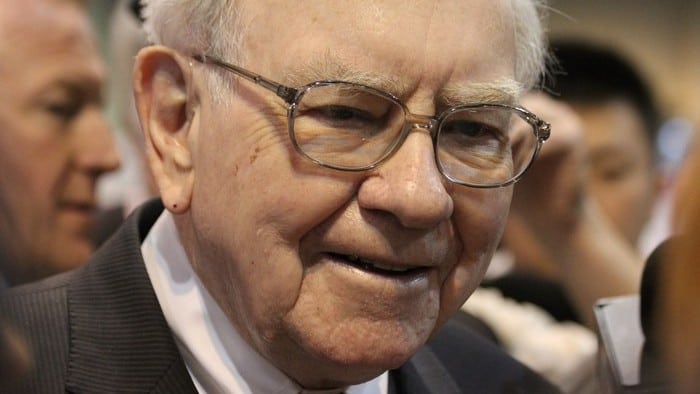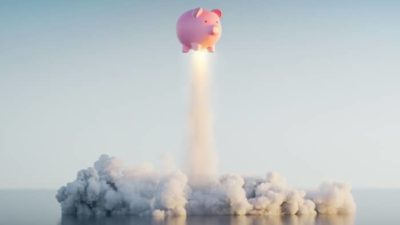This article was originally published on Fool.com. All figures quoted in US dollars unless otherwise stated.
Berkshire Hathaway (NYSE: BRK.A) (NYSE: BRK.B), the conglomerate led by billionaire investor Warren Buffett, just announced a relatively large investment in five Japanese companies. The investment, which is meant to be a long-term holding, is the latest in a string of billion-dollar buys Berkshire has made that we've learned about in recent weeks.
With that in mind, here's what we know about Berkshire's investment and why shareholders should be excited about it.
Berkshire is putting billions to work in Japan
Berkshire Hathaway just announced that it has acquired a little more than a 5% stake in five Japanese companies: Itochu, Marubeni, Mitsubishi, Mitsui, and Sumitomo. All five trade on the Tokyo Stock Exchange, where Berkshire made its purchases over the course of the past year, according to the Berkshire press release. They're all trading companies (diverse conglomerates – known as "sogo shosha" in Japan) with operations in a variety of industries.
Just to name one example, Mitsubishi Corporation (not to be confused with the automaker of the same name) has operations in information technology, infrastructure, finance, metal mining, energy, heavy machinery, chemicals, and consumer products.
While we don't know how much Berkshire paid for its shares in each company, the current value of Berkshire's investment is roughly $6.5 billion (depending on how much more than 5% of the shares Berkshire bought).
Berkshire made it clear in its press release that these are intended as long-term investments, meaning that Buffett isn't simply attempting to capitalise on a short-term mispricing or anything like that. And Berkshire says that it may buy even more – up to 9.9% of each, with larger stakes possible with the permission of each company's board of directors.
It's also worth mentioning that although these are technically five separate investments, they are very similar in nature. Think of this in the same manner as Berkshire owning shares of several different bank stocks, or (until recently) all four major US airlines. Buffett seems to have identified a market opportunity, so instead of trying to pick a winner, he's using the idea that a rising tide will lift all ships and spreading his money around.
A relatively small piece of Berkshire, but here's why it matters
Now, an investment of more than $6 billion may sound like a large amount of money, and to most people and companies it is. However, it's important to point out that this represents just over 1% of Berkshire's total market capitalization. So even if they're very successful, these Japanese stock investments aren't likely to be a major needle-mover for Berkshire all by themselves. But that's not the point.
The key takeaway here is that this tells us a few things that Berkshire shareholders desperately needed to hear. First, it shows that the recent investments in Dominion's (NYSE: D) natural gas assets and Bank of America (NYSE: BAC) stock weren't just a blip – Buffett seems truly ready and committed to putting Berkshire's 12-figure cash hoard to work. After all, while this is technically five different investments, in terms of actual cash spent, this is the most Buffett has put to work in a single type of investment in some time.
Furthermore, it tells investors that when the US and world stock markets were in a tailspin earlier this year, Berkshire may not have been as inactive as it seemed. From the press release, we learned that the company had built these stakes over a period of about 12 months – it didn't just buy shares, it acquired them over a period of time, including the turbulent first half of 2020.
The bottom line is that investors have been frustrated by Berkshire's lack of investment action for some time, but this move just goes to show that Buffett has some tricks up his sleeves – even at 90 years old.
This article was originally published on Fool.com. All figures quoted in US dollars unless otherwise stated.









